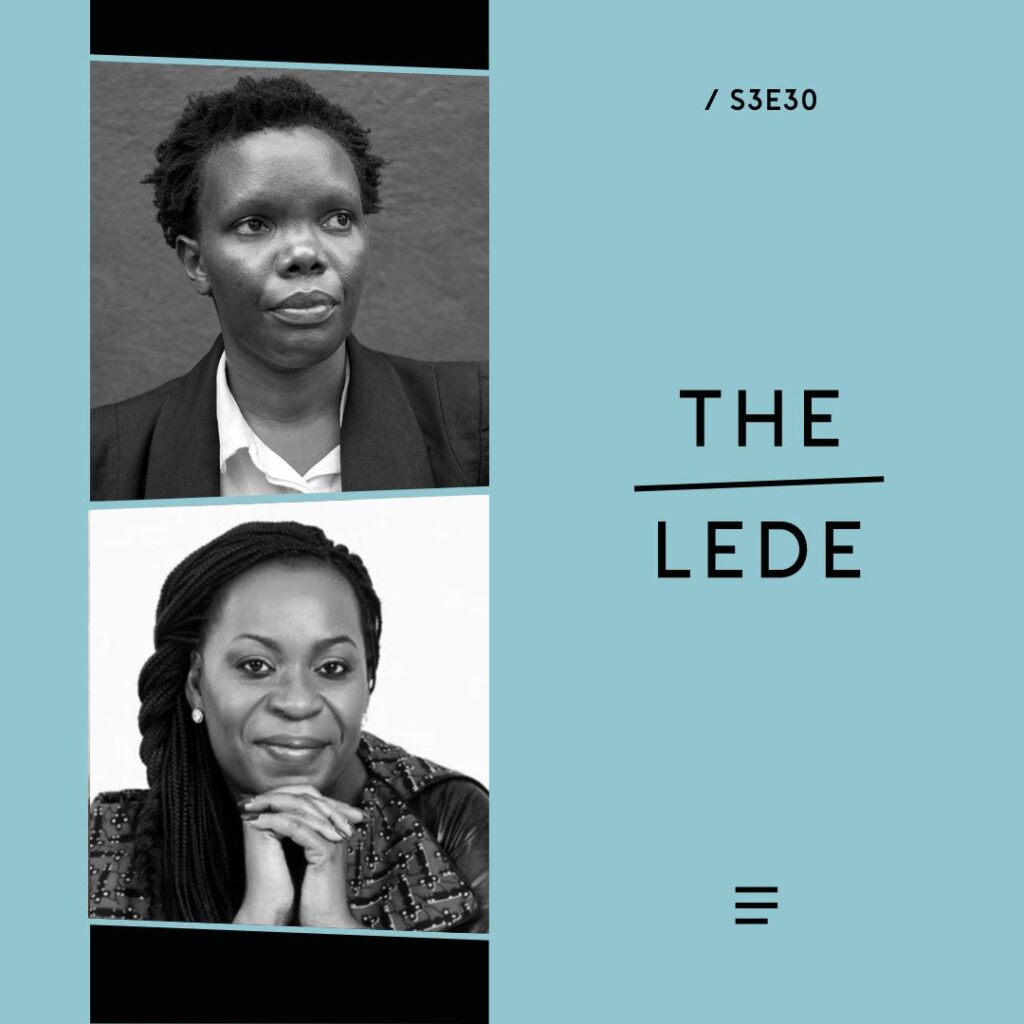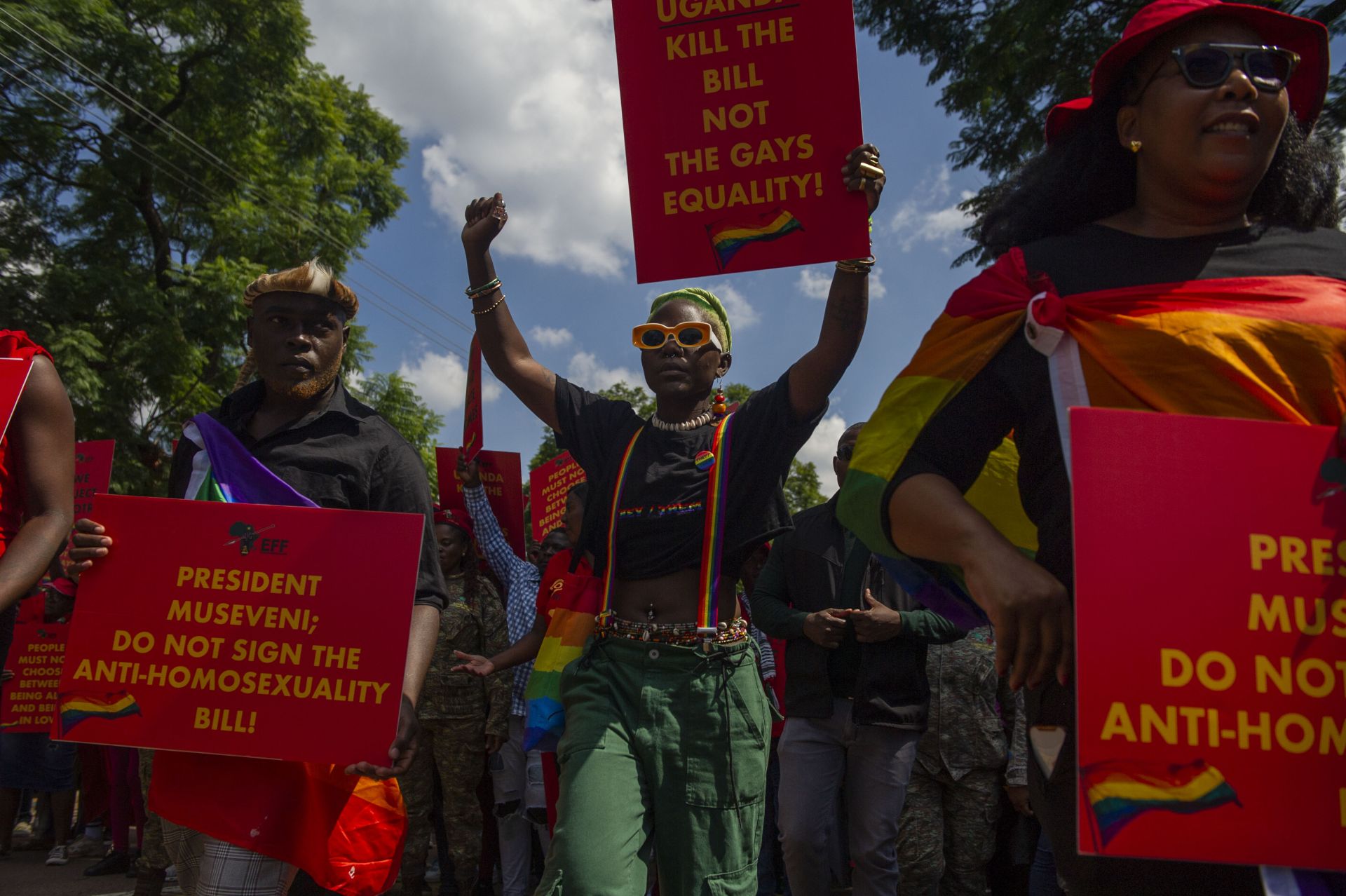On May 26, Ugandan President Yoweri Museveni signed the Anti-Homosexuality Act of 2023 into law. The legislation imposed even steeper sanctions on LGBTQ Ugandans than previous laws had, outlawing the promotion of homosexuality and punishing same-sex activity with life imprisonment and even the death penalty in so-called “aggravated” cases.The law had plenty of backing within the Ugandan establishment, with only two members of Parliament dissenting. But it also had powerful backing from abroad.
“U.S. evangelicals have been active here for nearly four decades,” journalist Lydia Namubiru tells New Lines magazine’s Kwangu Liwewe. “Uganda itself has a very active evangelical movement as a result. They’ve been doing the work of winning souls, as they say, to their cause for over 40 years.”
The movement infrastructure built up over those years is extensive, and U.S. Christian right groups like The Family (also known as the Fellowship Foundation) have come to enjoy close ties with influential lawmakers and politicians as well as building a robust indigenous Evangelical movement. Hardline Christian groups from the United States have spent more than $50 million in Africa over the past decade. Namubiru spent months as part of a team of journalists following the “dark money” flowing not only into Africa but also Europe, Asia and Latin America in the effort to promote far-right causes. The bulk of their spending was actually in Europe, she adds, but Africa may be where it has had its greatest effect.
“There’s some sense that this is the last frontier for conservative Christianity. They fight for it as the last bit of territory that they hold.”

“Culturally, Africa still remains quite invested in Christian conservatism. I do think there’s some sense that this is the last frontier for conservative Christianity. They fight for it as the last bit of territory that they hold.”
And in countries like Uganda, where the state is relatively weak and minority protections minimal, the political situation provides them the opportunity to consolidate their power.
“I think part of the appeal to Africa is that the states are very overwhelmed; they’re very young and still overwhelmed by bread-and-butter issues,” Namubiru says. Without a strong state to protect minority rights, she points out, it’s relatively easy for these groups to find a foothold. Uganda, she says, “wasn’t really building, you know, state power, state processes, democratic processes, checks and balances, until the mid-1980s.”
Still, she cautions against seeing it as a uniquely African problem.
“Anti-LGBTQ, ultraconservative politics targeting women’s rights in this particular global moment has real popular appeal, not just in Africa, but in countries like Hungary, Italy.”
Instead, it is better understood as a particular regional manifestation of a worldwide phenomenon: “The backlash is global. It’s not just in Uganda.”
Produced by Joshua Martin


